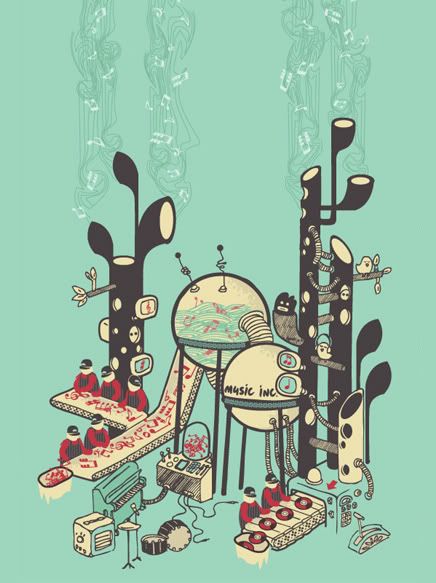rambleriot
jolene needs a focal point.
Like how undigested fibres ends up in the toilet bowl, unprocessed nonsense gets discharged here.
Do you get, do you get a little kick
out of being small-minded?
You want to be like your father
It’s approval you’re after
Well that’s not how you’ll find it
Fuck You (GWB); Lily Allen
dialogue
jack-in-a-box press it pops
Monday, November 24, 2008
Crossroads
NUS ECONOMY AND SPACE
Economy & Space examines relationships between economy and space through a focus on 'development'.
Through interrogating theories, strategies and trajectories of 'development', students will develop an understanding of the past and contemporary global political economy and its geographies. The course will emphasise the geopolitical and cultural backdrops to 'development' and attendant economic geographies amidst debates about 'globalisation', international trade and investment.
Mode: University-taught course
Pre-requisite: H2 Geography
Assessment:
Students undertake the following components:
• Continuous assessment (one group project and tutorial performance)
• Final examinations
SMU GAME THEORY AND COMPETITION
Economic agents with divergent objectives and interests compete against one another in a variety of settings. Firms compete for sales and customers, countries compete for foreign investments and over trade quotas and workers compete for jobs. This programme will introduce students to the principles of game theory, with applications to market competition, business and other areas of economic life. Students will learn to use the concepts of prisoners’ dilemma, game of chicken, Nash equilibrium in simultaneous-move games, roll-back equilibrium in sequential games and the use of mixed strategies and signalling to analyse economic problems in market competition and resource allocation.
Mode: University-taught course
Pre-requisites: H2 Economics
Assessment:
Students will be assessed through:
• Class participation
• Mid-Term test
• Final exam
I slap myself.
Previously
November 2008
December 2008
March 2009
CREDITS
x
x
x
x
x

